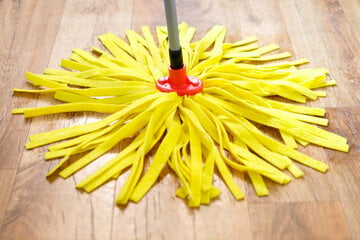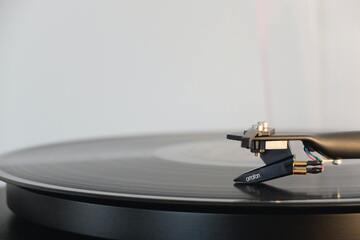Electricity saving tips: How to save money on your electricity bill
If you're getting worried about how you're going to afford electricity this winter, then there are a variety of things you can do to save electricity at home and reduce those bills. Let's take a look.
- Why should you save electricity at home?
- How to save electricity and reduce your electricity bill
-
- Avoid using stand-by functions on your devices
- Use a laptop computer instead of a desktop PC
- Reduce electricity during family time
- Use a clothing rack instead of an electrical drier
- Unplug unused chargers
- Use LED lamps for your light
- More efficient heating and ventilation
- Stream on tablets, phones, and laptops, not on TVs
- Use eco-modes on your appliances
- Get yourself a solar panel
- It can be hard to save electricity in winter this year
- Save money and save the environment by saving electricity!
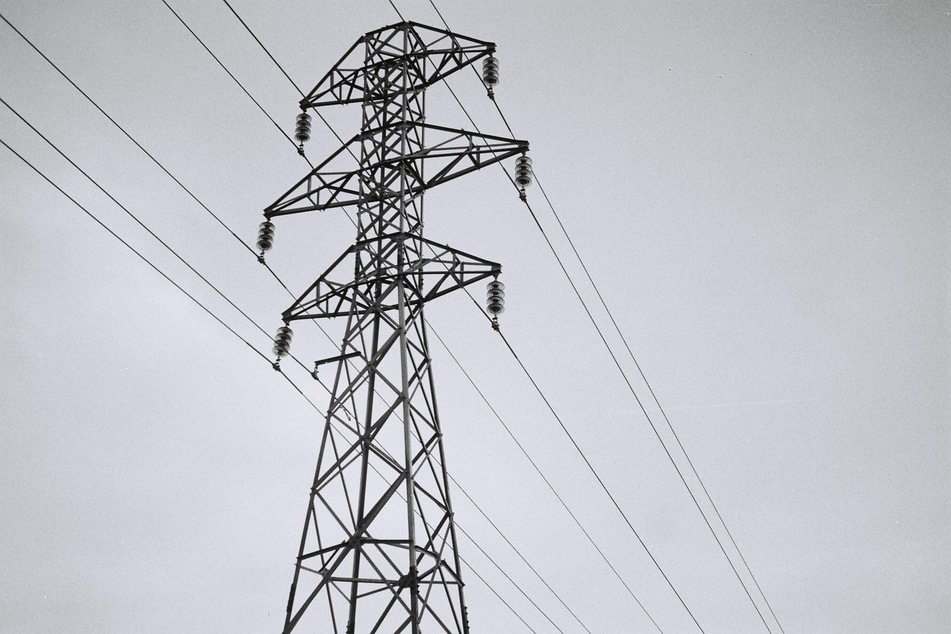
Our households are teeming with devices that draw on the electrical grid without us even knowing. With things the way they are, though, many people are desperate to save every cent they can. How can you save on your electricity bills, reduce your energy use, and still stay warm in winter?
To help you get through the winter without excessively high electricity bills, TAG24 has prepared a guide on how to save electricity and reduce your costs.
Don't have much time? Here's a TL;DR:
- Electricity varies extensively from household to household, and depends on a number of different factors.
- Large appliances such as refrigerators and washing machines, as well as televisions and computers, consume most of your electricity.
- To save electricity, you should always unplug appliances that are not in use.
- You may need to make an initial investment to save on electricity.
Why should you save electricity at home?
There are two main reasons why you might want to save electricity at home: to reduce the amount of money that you spend on energy bills each month, and to do your part for the environment. Both of these reasons are becoming increasingly important, with cost-of-living crises and worsening climate change forever on our minds.
In a time of rising energy prices, anyone who wants to save money will need to take a look at the way that they power their home. To do this, people need to assess the devices they use, the energy provider they're with, and whether they can get electricity from alternative sources.
Ultimately, you need to balance the health and comfort of yourself and family with the budget you have. By implementing steps such as the ones we are about to discuss, you will be able to widen the gap between these two factors and maintain your quality of life during difficult times.
How to save electricity and reduce your electricity bill
There is a huge assortment of different things you can do to reduce the amount of electricity you use each and every day. We are not going to assume prices, as they have fluctuated too much recently for us to even hope at being accurate.
On top of that, we will avoid specifying how much electricity certain appliances use, as this factor also depends on the brand, version, and more. Instead, these suggestions are more general so that they apply to most people and can provide some truly valuable, applicable advice.
The following ten steps should be taken or considered by anyone serious about saving electricity and reducing their bills.
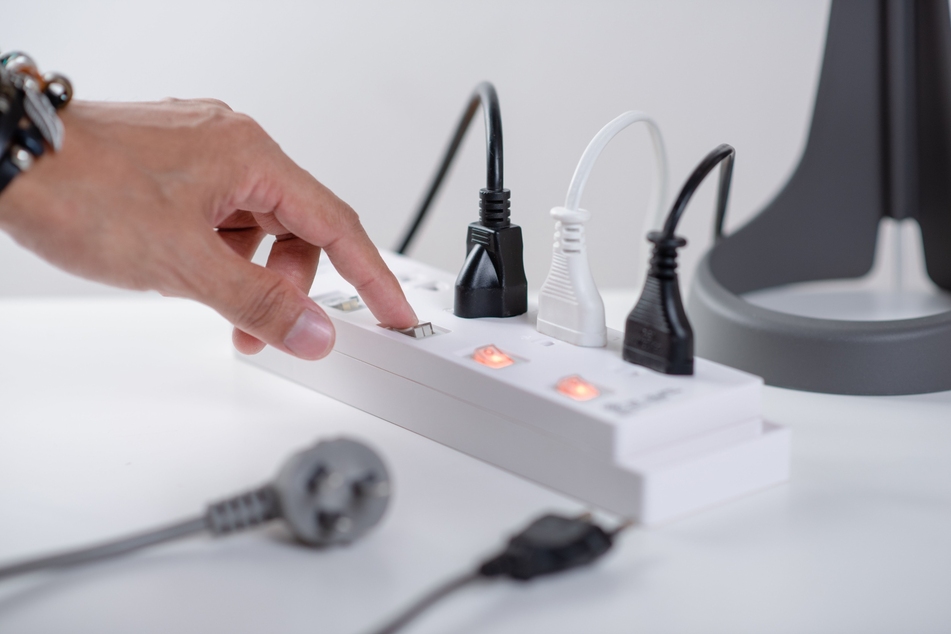
Avoid using stand-by functions on your devices
While it is true that devices consume less power when they are in standby mode, that doesn't mean that they use no power. Indeed, when you consistently put devices to sleep or into standby, you will use significantly more power than if they had been switched off.
The plethora of devices you probably own almost certainly means that a number of them are left in standby. Think about things like gaming consoles that have been left in "Sleep" mode, equipment with digital time displays that are unnecessary, and devices left to continuously charge that could be unplugged. Try to keep those items disconnected when not in use.
There are usually a few signs of an appliance that is on standby:
- A light that is permanently on (often seen on TVs and game consoles)
- Continuous humming and warmth from a device
- There is no "true" off switch, like with a microwave
Most new devices have been optimized to use as little power as possible when on standby. As a result, if you use newer appliances, you are unlikely to save much, but if you have something old (like an ancient microwave), then it could make a big difference to simply leave it unplugged when it's out of use.
Use a laptop computer instead of a desktop PC
Laptops not only allow for a greater degree of freedom and flexibility than your standard desktop PC, but they also consume significantly less power. Now, it is true that laptops are often less powerful, so making the switch will only be possible for those who can do their work with a laptop.
If you simply plug in and charge up your laptop until it is full, and then immediately unplug it, you will use much, much less power than if you decided to use a desktop computer.
Reduce electricity during family time

Did you know that there are actually more family activities than just simply sitting in front of the television and melting your brain? Well, there are! Try out a few board games, hang with your doggo, have long conversations over a cup of tea, and enjoy the wild outdoors.
The important thing is that you try your best to stay away from the television, the computer, and other electronic forms of entertainment that use up power.
If you feel like listening to music, use a Bluetooth speaker instead of your fancy Hi-fi setup, and create beautiful memories with your family that you wouldn't have otherwise made.
If you sit down with your family, friends, and loved ones, and engage with them directly through a puzzle or board game, go on an outing, or just simply have a chat, you will improve your relationships and save electricity at the same time!
Use a clothing rack instead of an electrical drier
This might shock you, but the clothes drier is actually one of the most useless and pointless appliances to have ever been invented. It also uses an insane amount of power and can even be dangerous, especially if you forget to de-lint it regularly. You should simply avoid using a drier and instead just do it the old-fashioned way – with pegs and a hanger.
Even if you live in an apartment with no balcony, there is no reason to use a drier. Buy a clothes hanger for a couple bucks, set it up once you have done your washing, and let your clothes air dry over a day or so. Feel free to open the windows and aerate the room.
Hot tip: Air drying your clothes is actually better for the clothes themselves as well and doesn't risk the eternally-feared phenomenon of "shrinkage."
Unplug unused chargers
Most people are probably used to unplugging their phone from their charger and going on their way, leaving the cable and the input plugged into the socket. It's easy, harmless, and quick, so why would you do any differently? The truth is, unused chargers actually drain a small amount of power even when they're not actually charging.
Unplugging your chargers will save very little money, but every penny counts in a situation like this one. After all, it is small, easy things like this that will add up and eventually reduce your electricity bill. This goes for phone and tablet chargers, laptop chargers, and even those for things like cameras, toothbrushes, and electric razors.
Use LED lamps for your light
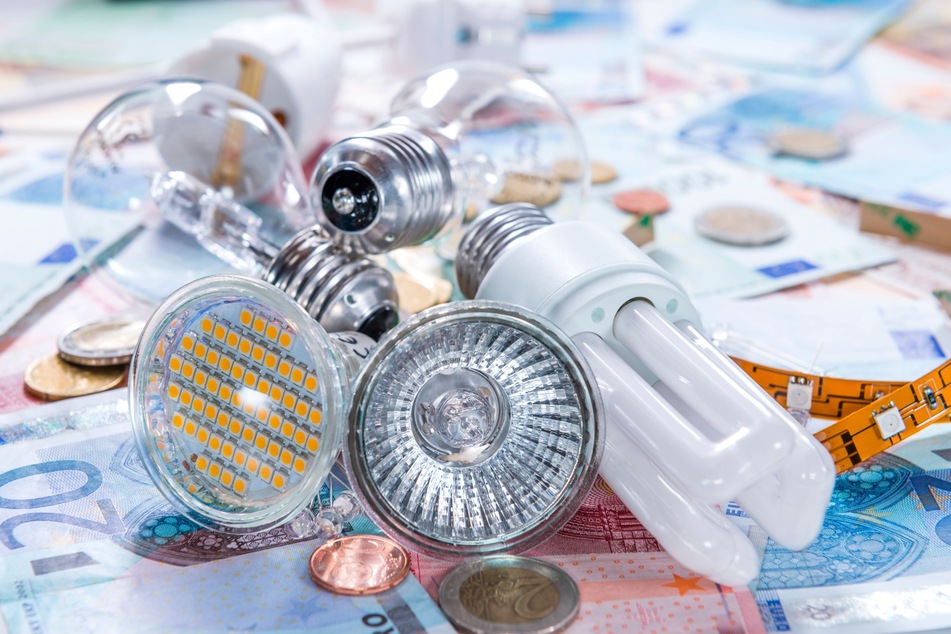
LEDs are significantly more energy efficient than fluorescent lightbulbs, let alone incandescent ones. A large amount of your household power usage comes from lighting, so if you manage to increase the efficiency of this process, you will start to save a lot of money and energy.
By replacing incandescent lightbulbs, in particular, with LED lamps, you can save a significant amount of money. Doing so will not only save electricity and reduce your bills, but also save you money on having to buy more lightbulbs, as LEDs last longer and are far more reliable.
Another great way to save electricity is to make double sure that you always turn off the lights in rooms you have left. This way, you will also reduce the overall quantity of light-related power usage.
Hot tip: Remember to regularly check prices between electricity companies to make sure you are not being overcharged compared to the competitors.
More efficient heating and ventilation
It's important during winter to keep your house relatively warm so you don't end up getting sick. As a result, it can be hard to save money in the area of heating during the chilly season, but that doesn't mean it's impossible. Depending on how cold it gets (and how dangerous those temperatures are), you have a few options.
Here's how you can keep warm in a more efficient way:
- Reduce your usual preferred temperature by a few degrees
- Wrap up with plenty of blankets and jackets
- Purchase a more efficient heating system
- Avoid using plug-in heaters and instead use the built-in radiator (if you have one)
- Keep the windows closed as much as possible
On top of this, when ventilation is necessary, you need to use a process called "shock ventilation." What this means is that you should open every window and door possible all the way so that you quickly ventilate the entire house or apartment. After this, close all the doors and increase the temperature again, but never constantly keep the windows or doors open, as you will use far more power that way.
Stream on tablets, phones, and laptops, not on TVs

Even the most power-efficient television or power-efficient gaming console will use far more power than a mobile phone or tablet. A great way to save is using your handheld devices to watch things like Netflix and Disney+ instead of streaming continuously through your television.
On top of that, remember that your smart TV will use less power on its own than when you use your smart TV and your gaming console together. Run your streaming platforms directly through the smart TV instead of using your PlayStation or Xbox. This will make a big difference in the long-run and will save a ton of energy.
Use eco-modes on your appliances
Most modern dishwashers and washing machines nowadays have something called an "Eco" mode. This was originally designed to save power and operate far more sustainably for environmental reasons, but is now also perfect for those of us who need to save electricity for financial reasons.
The eco-mode will take longer than the standard mode, will use less water, and often won't produce as good a result, but it will save energy and money. It's a great idea to get into the habit of rinsing your dishes thoroughly and then using your dishwasher's eco setting, and doing the same with your clothes as well.
Hot tip: Most electric stoves and ovens lack an eco-mode. That being said, it can be worth using residual heat and actually switching them off five to ten minutes before you finish using them.
Get yourself a solar panel
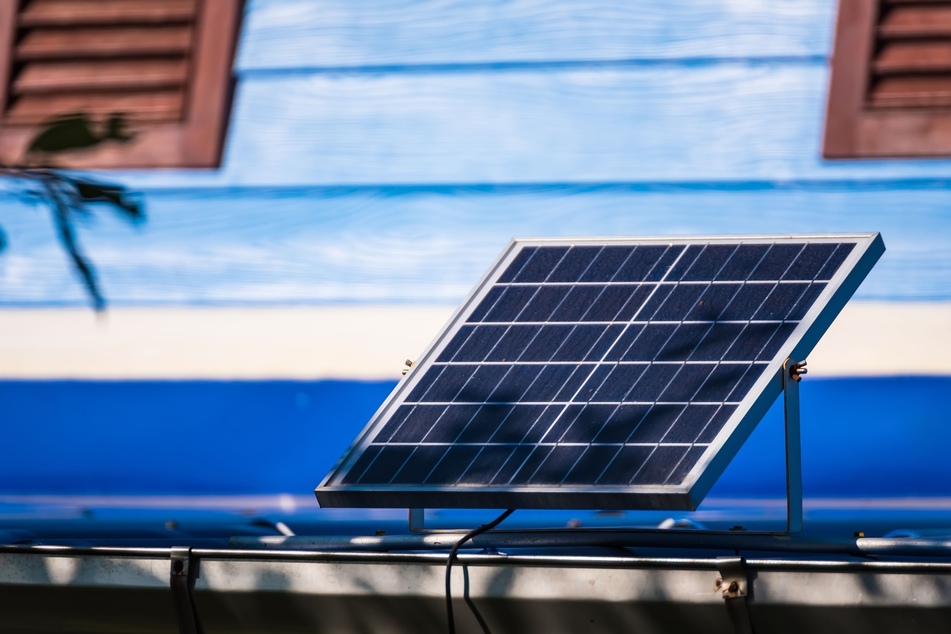
Getting your own solar panels installed can be quite an expensive option up-front, but will greatly reduce your power bills in the future. On top of that, this is one of the best things that you can do to play your part in the fight against climate change.
You can install solar panels on your roof, balcony, terrace, or even your fence, and they can then naturally generate electricity. This energy is free, as it comes from the sun, and will be automatically fed into your house's electrical grid.
There are a few things to consider before you install solar panels:
- You need to hire a professional to install the solar panels for you
- The solar panel will need to be south-facing if you want efficiency
- A single balcony solar installation can consist of up to four panels
- There are often very strict rules that will need to be followed, depending on where you live
- If you're renting, you need your landlord's approval
- Solar panels have high up-front costs, often upwards of $1000
In comparison: A single solar panel can generate almost 10% of your yearly electricity. Multiply this, and your bills will get very low in the long run.
It can be hard to save electricity in winter this year
Saving electricity in the winter can be hard, especially since we all want to keep our homes as warm and comfortable as can be. We are more prone to staying inside when it is cold, and as a result, we will naturally use more electricity during the winter months. This isn't the only reason why it's hard, and you shouldn't feel bad if you just can't save in this area.
Here are a couple of factors that might make things worse this winter:
- Increased time spent at home
- Low temperatures increase the use of heating
- Higher likelihood of using indoor kitchens instead of outside grill setups and the like
- Use of other electrical devices, such as electric blankets, to stay warm
- Energy crises are reducing supply and increasing electricity prices
For many people, it can be hard to afford the electricity they use and reduce their bills. Hopefully, these steps help to mitigate the issue, even if it is difficult.
Save money and save the environment by saving electricity!
Electricity is getting more expensive at the moment and is mostly run predominantly on fossil fuels that severely harm the environment. In other words, by saving electricity, you're not just saving your wallet, but the environment as well.
If you use a few of these tricks consistently, you should find that your electricity bill will reduce, and you'll still be able to keep your house warm. Grab some blankets and prepare yourself for the cold months ahead!
Cover photo: Grianghraf / Unsplash
